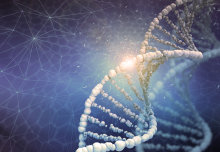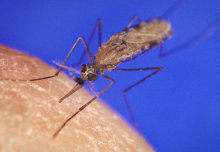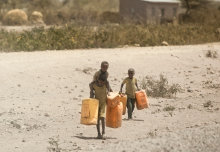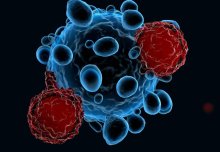

News in brief
Gene targets for obesity and wildfire research: News from the College
Here’s a batch of fresh news and announcements from across Imperial.



Gene targets for obesity and wildfire research: News from the College
Here’s a batch of fresh news and announcements from across Imperial.


Bacteria may contribute more to climate change as planet heats up
As bacteria adapt to hotter temperatures, they speed up their respiration rate and release more carbon, potentially accelerating climate change.
 1
1


Female mosquitoes that have mated are more likely to transmit malaria
Hormones received from male mosquitoes during mating boost the likelihood of female mosquitoes transmitting malaria to people.
 2
2


Capturing carbon dioxide to make useful products could become big business
Waste carbon dioxide from burning fossil fuels could be used to make valuable products such as plastics, fuels and cement, suggests new research.


Satellite tracking shows how ships affect clouds and climate
By matching the movement of ships to the changes in clouds caused by their emissions, researchers have shown how strongly the two are connected.


A bird in the nest and moving to Mars: News from the College
Here’s a batch of fresh news and announcements from across Imperial.


Physicists to hold free global online-only conference
Six leading physicists have set up a free online-only conference, aiming to create an event with a low carbon footprint that is accessible to all.
 1
1


Imperial accolades: News from the College
Here’s a batch of fresh news and announcements from across Imperial.


Video
Podcast: Painkiller prescriptions, climate wellbeing crisis and race science
In this edition: Investigating UK painkiller prescriptions, how the climate crisis affects mental health and the return of race science.


Researchers identify a new way to target treatment-resistant cancers
An international team of researchers has found a different way cancer becomes resistant to chemotherapy, suggesting a new target for drugs.